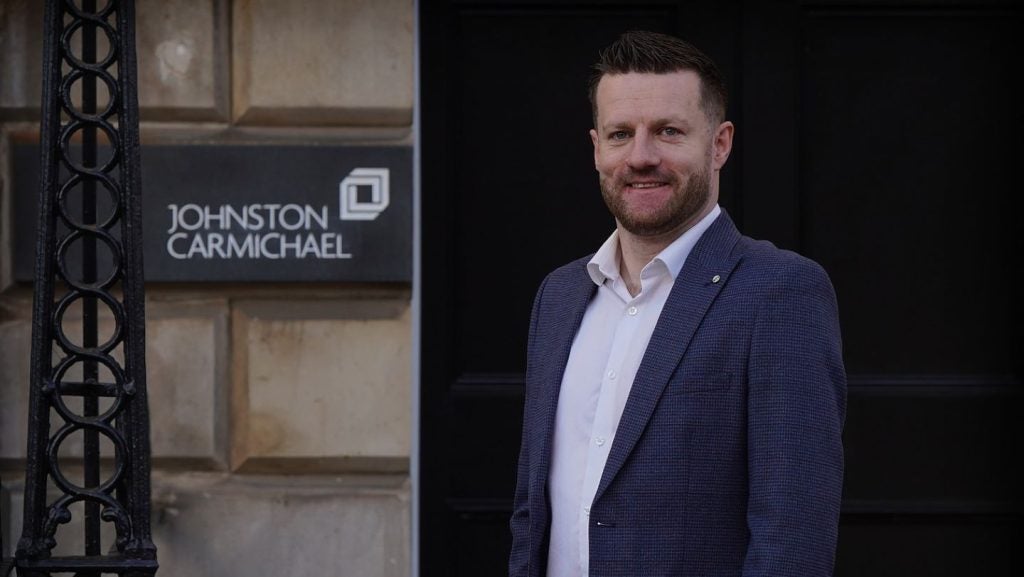
The government’s decision to impose VAT on private schools could lead to a closure rate of between 10% and 20% within three years, says a sector specialist.
Duncan Swift, partner and business restructuring, turnaround and rescue expert at UK top ten accountancy and advisory firm Azets, said: “There is not enough time for schools to adjust, it will be a mess, it could cause significant disruption for pupils in both private and state school sectors.”

Access deeper industry intelligence
Experience unmatched clarity with a single platform that combines unique data, AI, and human expertise.
At the end of July new Chancellor Rachel Reeves announced that from 1 January 2025, all education services, vocational training and boarding services supplied by a private school for a charge would be subject to VAT at the standard rate of 20%.
The announcement of a mid-academic year change caught schools somewhat off guard as they had expected a September 2025 introduction and possibly a graduated charge rising to 20% over time to allow a smooth transition, rather than an immediate imposition of the full rate.
Also, parents cannot pay in advance to avoid next year’s increase as the government has closed any potential loophole by ruling that all fees paid from 29 July 2024 for school terms from 1st January 2025 will be subject to the tax.
Duncan added: “The impact on the UK’s 2,600 private schools and the parents of the approximately 615,000 children educated in them will be immense – as will be the impact on local communities.

US Tariffs are shifting - will you react or anticipate?
Don’t let policy changes catch you off guard. Stay proactive with real-time data and expert analysis.
By GlobalData“I think the fallout is going to be somewhere between 10% and 20% closures over the next three years.
“It’s not the beginning of the end of private schools but it is an act of self-harm on arguably one of the UK’s greatest export sectors, which is internationally recognised as being world-leading.
“Most, if not all, private schools cannot afford to absorb a 20% slab tax imposition – so fees will rise, therefore the number of pupils will decrease and private education will become even more exclusive.
“The well-known schools, backed by the wealthiest parents and overseas families, will get by, but the less well known schools in the private sector are the ones at risk, especially those away from London and the south east.
“Schools on the margins where hard-pressed parents may often struggle to find the fees will almost certainly close down – and that may well lead to severe and disruptive displacement activity into the state sector.
“It’s a mess and it’s going to be highly unsettling and emotionally traumatic for the pupils involved.
“My feeling is that early years schooling will be hit first as many private schools cut back to core activities, offering only secondary education because parents of older children are themselves older and typically more financially secure and it’s a time when grandparents are more likely to chip in.
“One school in Scotland recently announced its closure because of the imposition of VAT and I am already aware of at least two administrations in the Midlands.
“We must also consider the effect on the communities around schools, not just supply chains. Many private schools provide services to the community, such as making available the use of facilities like swimming pools and playing fields for public use.
“Also, what would happen to private school premises, many of which are listed buildings? We are potentially storing up a legacy problem where the proper care and maintenance of such properties must be open to question.”
Azets, which works closely as a trusted advisor across the whole education sector, says private schools should take professional advice and act swiftly and decisively over the VAT issue.
For the schools that remain viable, they will need to comply with the new legislation, some of which is open to interpretation. Those not already registered for VAT will be required to adopt new VAT systems and procedures.
Duncan added: “The sooner private school governing bodies seek to plan for this tax imposition the more options they will have. They need to engage with scenario, cash flow and estate management planning and a whole lot more to seek to preserve their businesses.
“If they just bury their heads in the sand and wait to see if they can just carry on through it regardless, they are likely to be left with a very sore head. Governors, as directors, should also be mindful of their responsibilities because if they get it wrong they risk personal liability.”
The government says ending tax breaks for private schools is part of its commitment to breaking down barriers to opportunity, ensuring every child has access to high-quality education, and will help to raise revenue to fund state education priorities.
Private schools in England that are charities will also no longer be eligible to claim charitable rates relief from April 2025 and will be required to pay their full business rates liability.
The government will confirm the introduction of these tax policy changes at the Budget on 30 October, at which point the Office for Budget Responsibility (OBR) will certify the government’s costings and impact analysis for these measures.






